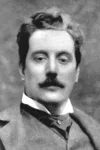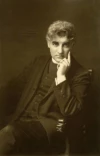Biography
(No Information)
Filmography
Information
Known ForWriting
GenderMale
Birthday1873-08-01
Deathday1954-04-10 (80 years old)
Birth PlaceLivorno, Italy
CitizenshipsKingdom of Italy, Italy
This article uses material from Wikipedia.
Last updated:
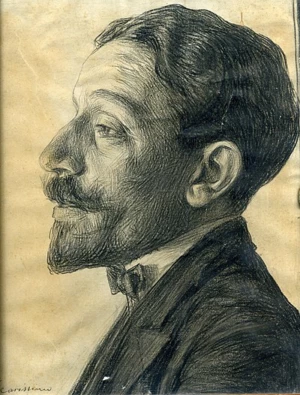 Guelfo Civinini
Guelfo Civinini- Filmography
- Information
- Related Persons
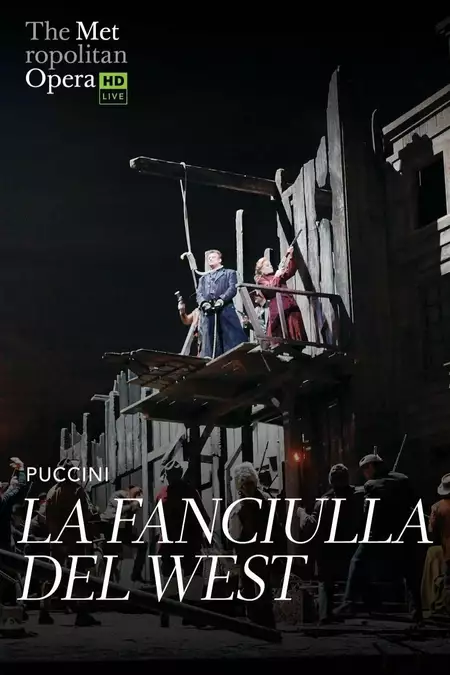
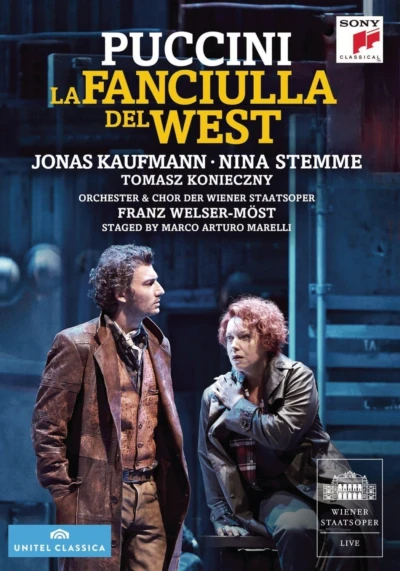
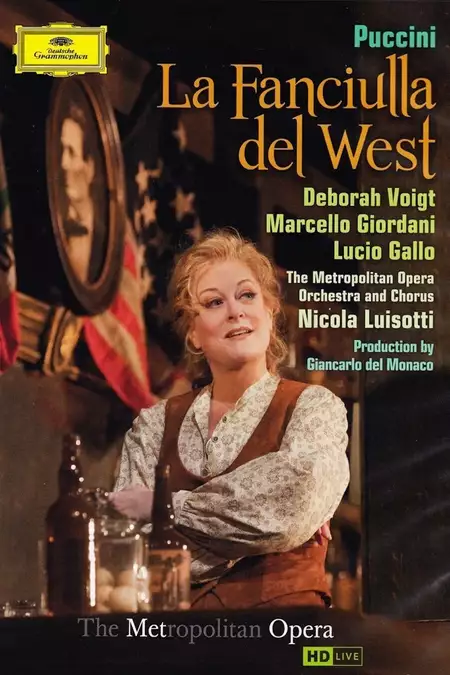
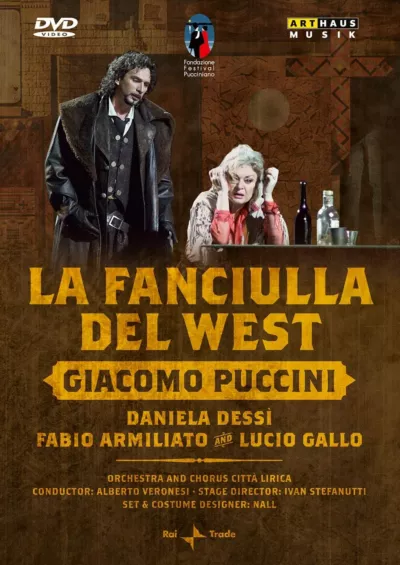

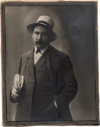
 ,
,